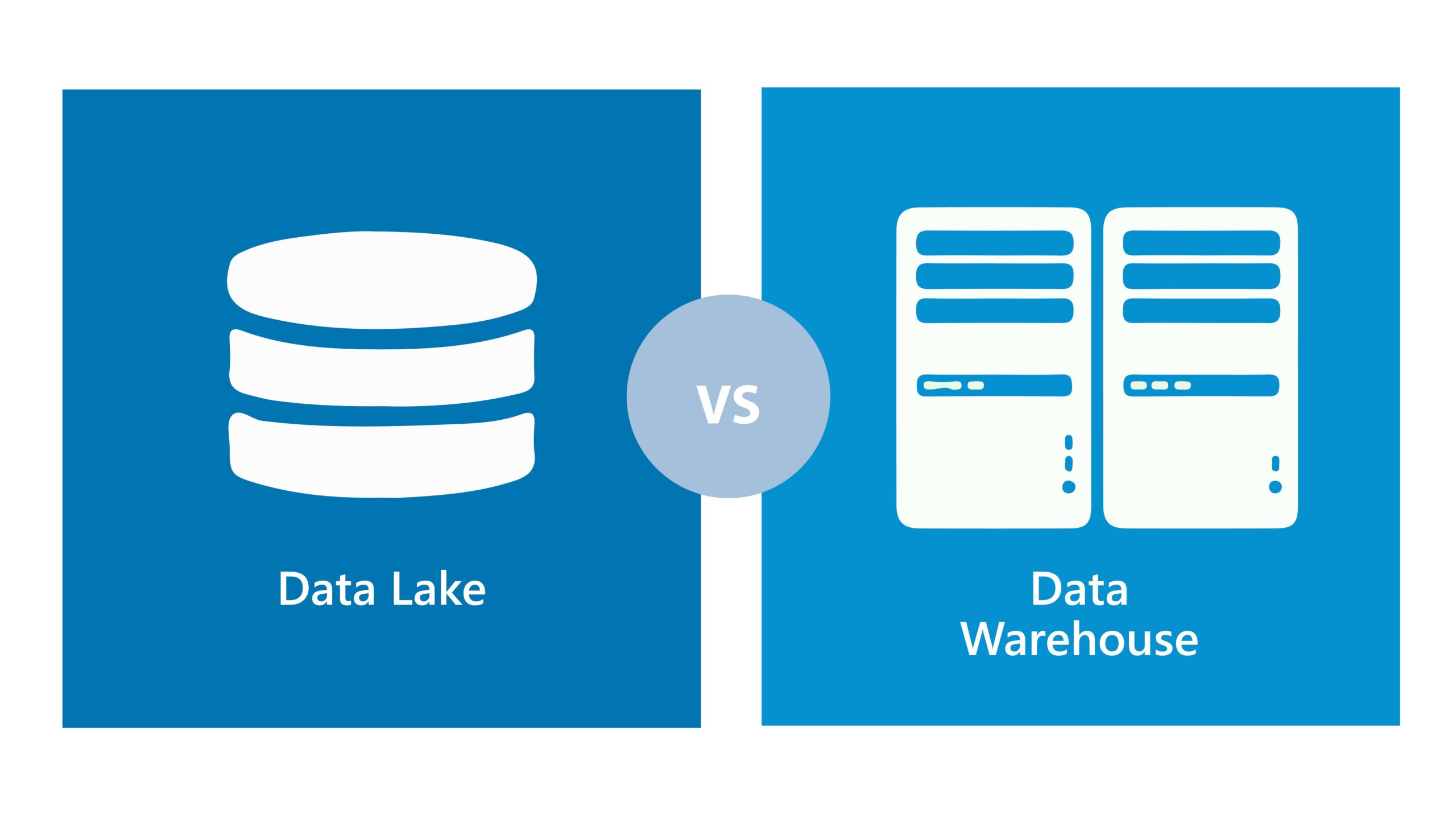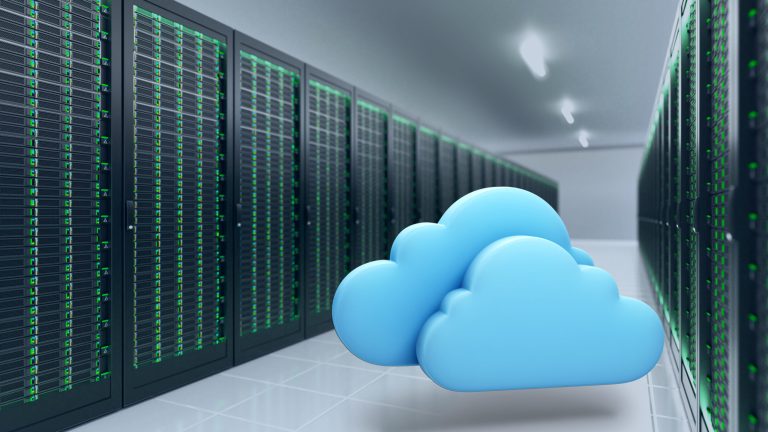Table of Contents
Data Lake vs Data Warehouse: Can you use them both?
Is it a case of the new replacing the old or are the two complementary?
As the volume and type of data being collected by enterprises expand, there is a lot more that can be done with that data.
Most of these are use cases that enterprises might not even have identified yet and will not be able to until they have had a chance to experiment with that data.
This is where the focus is shifted to data lake. In this blog, we will dig deeper into the data lake vs data warehouse debate and try to understand if it is a case of the new replacing the old or are the two are complementary.
Data Lake vs Data Warehouse
There are certain key parameters that differentiate data lake from data warehouse. Let’s look into those differences.
Data Structure

A data warehouse is much like an actual warehouse in terms of how it collects and stores data. Everything is neatly labelled, categorized and organized in an order.
Quite similarly, enterprise data is first processed and converted into a particular format before being stored into the data warehouse.
Also, data only comes in from a select number of sources that powers a select number of applications
On the other hand, a data lake is a vast repository where raw, unprocessed data is stored. The data is in unstructured or semi-structured format which can be leveraged by any existing business applications, or ones that an enterprise could think of in the future.
Since data lakes do not require a schema before ingesting data, they can hold a large quantity as well as a wide variety of data at a fraction of the cost of data warehouses.
Purpose

Data warehouse demands structured data due to its pre- defined functionality. As cleaning and processing data is quite expensive, the aim of data warehouses is to be as efficient with storage space as possible.
The purpose of every piece of data is determined in accordance with what will be delivered to which business applications. This ensures that space is optimized.
When data is flowing into a data lake, its purpose is not pre-determined. It is only a place to collect and hold data. Furthermore, where and how it will be used is determined later.
Depending on how that data is explored and experimented with along with the requirements that arise with innovations within the enterprise, major decisions are taken.
Accessibility

Data lakes are more accessible as compared to data warehouses. In data lake, data can be easily accessed and changed as it is stored in a raw format.
On the other hand, data stored in a data warehouse takes a lot of time and effort to be changed into a different format. Data manipulation in this case is also expensive.
Will Data Lakes replace Data Warehouse?
No. Data lakes will most likely not replace data warehouses. Rather, the two complement one another.
The organized nature of data storage in data warehouses makes it extremely easy to get answers to predictable questions. Instances where business stakeholders need certain pieces of information, or analyse specific data sets or metrics regularly, then data warehouse is the most appropriate choice.
It is built to ingest data in the schema that will quickly give the answers needed in real-time. Revenue, sales in a particular region, increase in sales, business performance trends all can be handled by the data warehouse.
But, as enterprises begin to collect diverse types of data, and aspire to make the most of it, data lake becomes an indispensable addition.
Schema is only applied to the data after it is integrated into the data lake. This is done when data is about to be used for a defined purpose.
How data fits into a use case determines what schema will be used on it. This means that data, once uploaded, can be used for a variety of purposes as well as across different business applications.
This flexibility in data lake makes it easy for data scientists to experiment with data to assess what it can be used for, set up quick models, identify patterns to predict potential business opportunities.
The metadata created and stored alongside the raw data makes it possible to try out different schemas, view data in different structured formats and evaluate which ones are valuable to the enterprise.
What makes data warehouse still useful?

- Start exploring the real potential of the data you collect and store, beyond the structured capabilities of your current data warehouse. It could be around the new products and services you can create with these assets, or even to improve your current processes.
- Use data lake as a preparatory stage to process large data sets before feeding them into your data warehouse.
- Seamlessly work with streaming data, as data lake is not limited to batch-based regular updates.
The bottom line is that data warehouse continues to be a crucial part of enterprise data architecture. It helps you keep your BI tools running and enable different stakeholders to access the data they need quickly.
How can data lake strengthen your business?

- Your enterprise will have access to a greater amount of data that can be stored for use, irrespective of its quality or structure.
- Storage is cost-effective as it eliminates the need for processing data before storing it.
- Data can be used for a variety of purposes without having to bear the cost of restructuring it into different formats.
- The flexibility to run data through various different models and applications makes it extremely easy to identify new use cases
As organizations move data infrastructure to the cloud, the choice of data warehouse vs. data lake is less of an issue. It is becoming natural for organizations to have both and move data flexibly from lakes to warehouses to enable business analysis.
If enterprises truly want to explore their data, they will have to realize the complementary functions and advantages of data warehouses and data lakes working towards a method that gets the best out of both.
[mailerlite_form form_id=1]
















